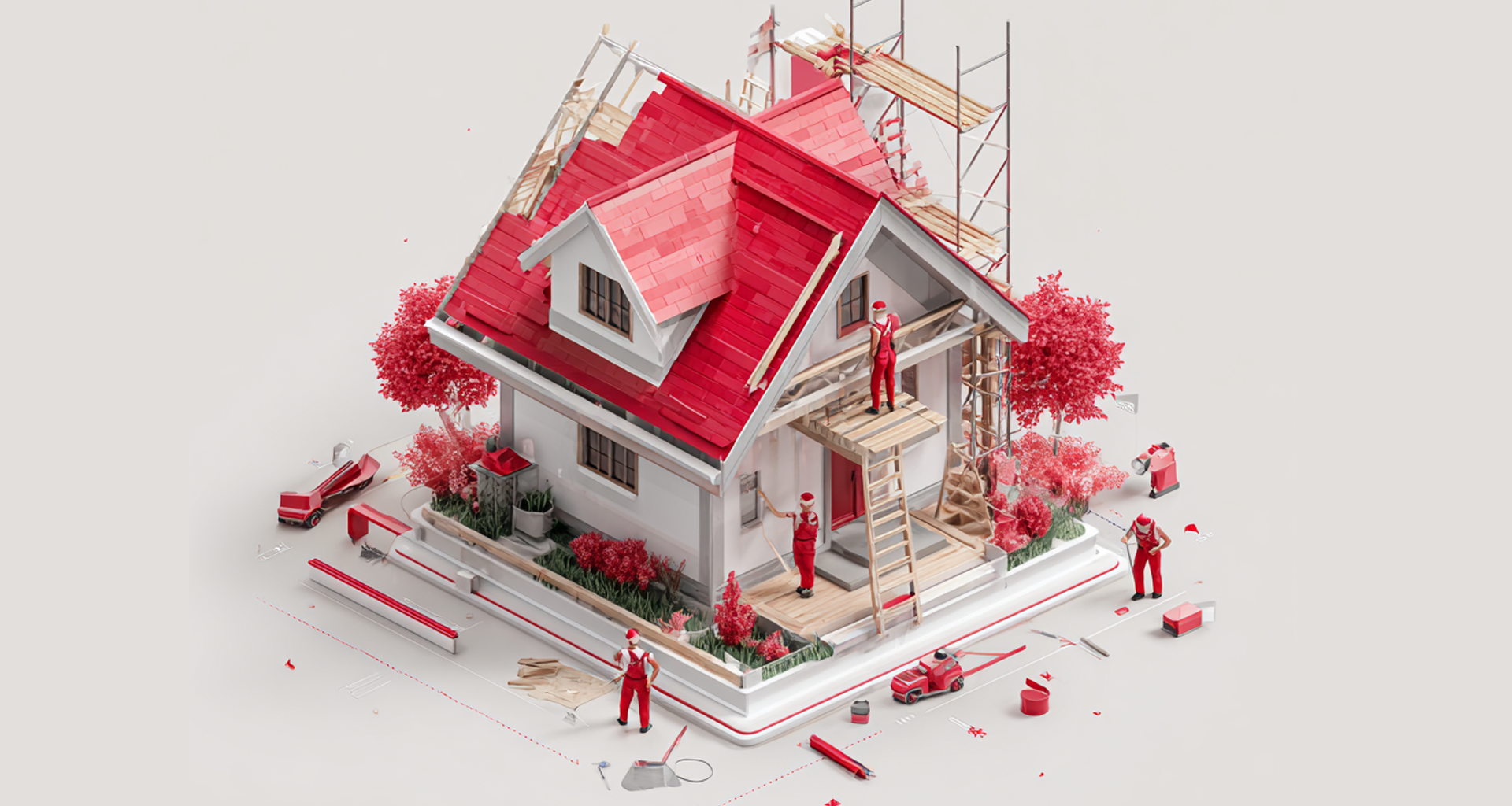
If you are not redirected within 30 seconds, please click here to continue.
Samedi: 10h – 16h HAE

If you are not redirected within 30 seconds, please click here to continue.
If you are not redirected within 30 seconds, please click here to continue.
The Housing Block: Financing a Pre-Construction Condo

Buying a condo before it's actually built offers the chance to customize your home and live in a mint-condition property - but the buying process isn't as straightforward as purchasing a resale unit. Our friends at The Housing Block explain what buyers should know.
Considering the purchase of a condo? It can be a wise decision for many, including those working lawyer's hours or those who simply don't want to deal with property maintenance.
Choosing to buy a condo instead of a detached home can be a tough call on its own - and then you’re faced with another doozy – should you purchase a resale or pre-construction condo?
The Benefits of Buying New
Buying a new condo over resale offers many advantages - most buyers enjoy the chance to customize everything to their heart’s desire. However, buying a pre-construction condo varies greatly from resale. Unless you’re naturally wealthy, you’ll need to purchase your condo with the help of financing. Before you sign on the dotted line, here are some important differences to be aware of.
You'll Need a Larger Deposit and Down Payment
If you were thinking of plunking down the minimum five per cent down payment on a new condo, think again! Down payments on concept projects are typically required to be a lot heftier than resale. In fact, some builders require a down payment of up to 25 per cent – ouch! Let’s say you’re purchasing a new condo for $350,000 – that means you’ll need up to $87,500 before your occupancy date. If that’s out of your budget you can try negotiating a lower down payment with the builder, or if that doesn’t work you might consider a different project.
The good news is you don’t have to come up with your down payment at once. Your down payment is made in smaller deposit payments. Although the deposit structure varies from builder to builder, you’ll typically make a 5 per cent down payment with your offer, and further deposits of 5 per cent at 30 days, 90 days, 180 days intervals, and at your occupancy date.
Understand the Cooling Off Period
Buying a condo is a major purchase, so it’s only natural you might have second thoughts. If you sign the papers and your financing falls through or you change your mind, you have a limited time to back out, no strings attached.
Buyers take note: the cooling off period is different depending on where you live. For example, you have 10 days to change your mind in Ontario, while those in B.C. have seven days. You should use your cooling off period wisely – it’s a highly advisable to send a copy of your offer to your real estate lawyer for review. You should also use this time to receive approval from your lender for financing.
Prepare for Closing Costs
Just as you would when buying a resale unit, it’s important to budget for closing costs when buying a new condo. Closings costs are anything, but a drop in the bucket. You should budget between 1.5 per cent and 4 per cent of the purchase price. Closing costs on a new unit include the standard closing costs of a resale condo, including your inspection, real estate lawyer fees, and land transfer tax. But that’s not all – on top of that you’ll typically have to pay development and education charges, and installation of water, hydro, and gas meters. It’s important to ask for builder for a ballpark figure up front, as these can amount to thousands.
Occupancy and Closing Dates
If you’re buying new, it’s important to understand the difference between your occupancy and closing date. Before you can call your condo "home, sweet home", you’ll need to reach your closing date. When you’re buying a new condo, the occupancy and closing dates are almost always different – your occupancy date typically occurs first, while your closing date can take anywhere from three to six months and occurs when the project is complete.
Paying Phantom Rent
If you’ll be moving in on your occupancy date, it’s important to understand you’re not the legal owner yet. Instead of paying your mortgage, you’ll be paying something called “phantom rent.” This is an occupancy fee to your builder; as such, it does not count towards paying down your mortgage. You won’t start paying off your mortgage until your closing date, when all the T’s are crossed and the I’s are dotted and you’re the registered owner.
Before the Bottom Line
As you can see, buying a new condo is a lot different than resale. Before you make the decision to buy new, make sure you have the financing up front and you don’t mind waiting a few months – or longer, in some cases.
About the Author
The Housing Block provides users with convenient access to many valuable real estate tools. Our vision is to build the most innovative and valuable real estate platform to help buyers and renters find a new place to call home.
Latest Articles
Get money-saving tips in your inbox.
Stay on top of personal finance tips from our money experts!










